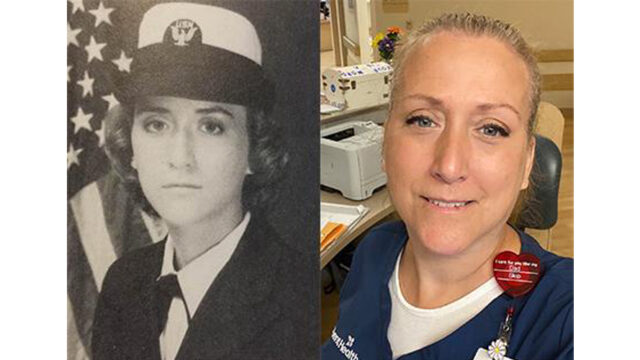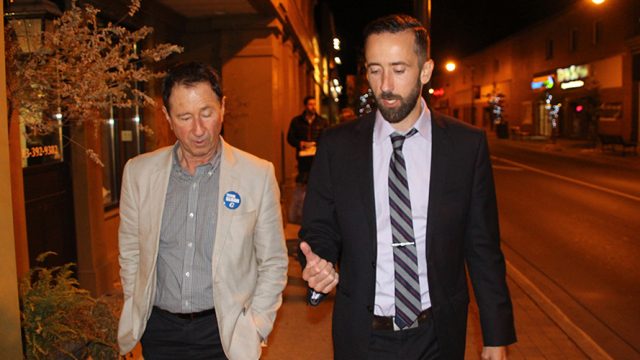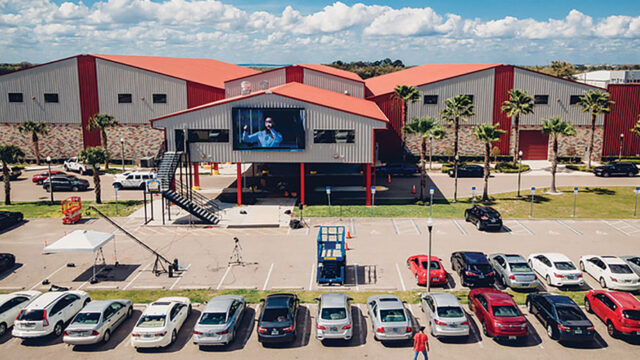The church I want to belong to is . . . compassionate.

“Jesus said, ‘Somebody touched Me, for I perceived power going out from Me’” (Luke 8:46).
I still remember the morning when I learned the real meaning
of compassion.
In my daily time with God, I was reading a volume on the healing
miracles of Christ. Each morning, I reveled in a deeper understanding of
the social and cultural context of Jesus’ many miracles; the remarkable
sensitivity He showed to those marginalized by society; the willingness of
the Gentle Healer to craft His caring to the unique needs of each individual.
But when I reached the story of the woman in the crowd healed by touching the fringe of His robe, I stopped to absorb the commentator’s pivotal insight.
It cost Jesus something to heal the hurting, the author noted. Energy went out of Him, and He knew it.
Like many of my Adventist peers, I had identified “compassion” with the easy things we did in service to our community. We sang in “sunshine bands” at local nursing homes. We collected canned goods from neighbors for distribution to those falling through the social safety net. We stood on doorsteps in December ice and snow to ask for “dollars for the needy” in the annual Ingathering campaign.
But beyond the occasional discomfort of a bone-chilling night ringing doorbells, there was very little cost to me or my peers. It was our extra we invested—the excess of our time and energy—and then usually when it fit within existing schedules of work and play and study. Compassion as we practiced it certainly blessed the senior citizens and the lonely; the families hurting through tragedy and loss; the far-off victims of poverty and war. But mostly it gave us that warm, comfortable sense of having done something that resembled Jesus’ caring.
On that morning long ago, I began to realize the yawning gap between the easy giving of my extra and the deep sharing of Himself that Jesus brought to those in need. How could I, in the words of a Christian song, “offer anything that cost me nothing”?
And so, through grace, my world began to change—often slowly, sometimes slowed by pride or haste. I came to value Christ’s compassion as the gift of His caring and His time—both of which cost Him, and would cost me. I came to treasure the godly men and women who practiced the compassion of Jesus by costly sharing of their time and love with me. I saw in them the image of my Saviour and my Healer, and I learned to pray for those beyond the circle of my friends.
Just now, my community and my world urgently need my compassion—and yours. It seems, indeed, that “all creation is groaning” (Rom 8:22). As we learn the deeper meaning—and the cost—of Jesus’ compassion, our vision gets clearer; our hands unclench; and we open more than our wallets and purses.
This is an hour when we must pray for Spirit-driven creativity to reach out to the lonely, the marginalized, the grieving, and the dispossessed. It will cost us something—perhaps more than we know—to care like Jesus. But it is just what the world has a right to expect of those who follow Him.
The church I want to belong to is . . . compassionate when the world is in crisis.








